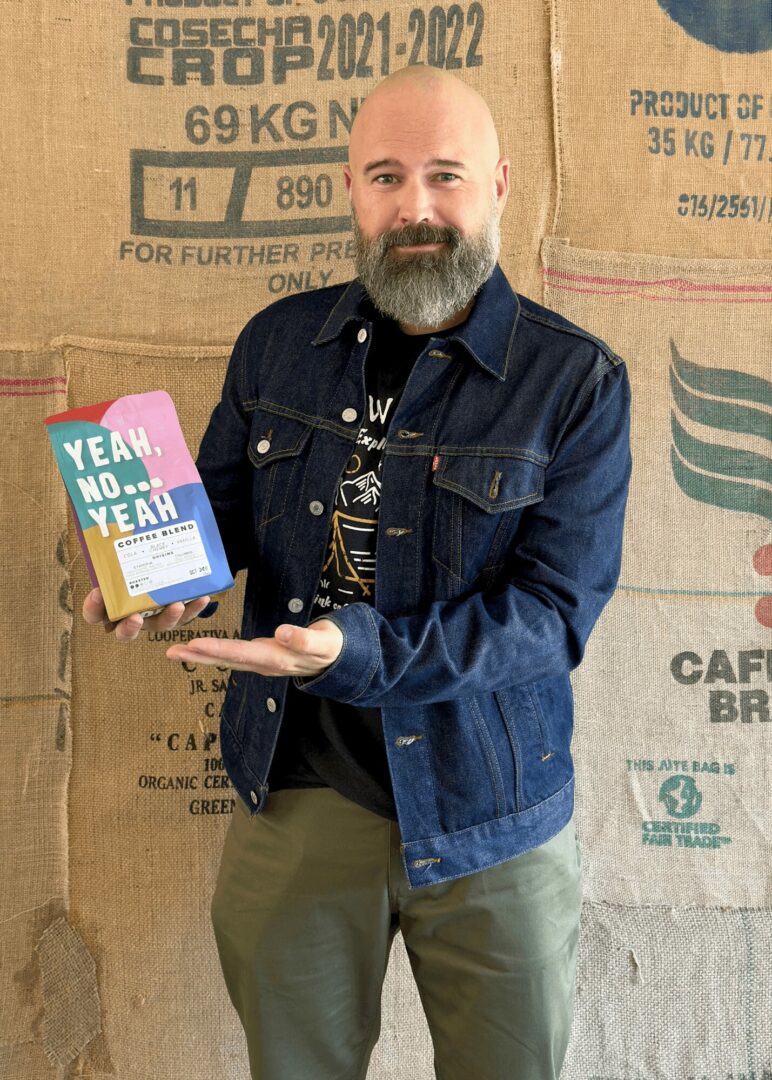Ryan Woldt shared their story and experiences with us recently and you can find our conversation below.
Good morning Ryan, it’s such a great way to kick off the day – I think our readers will love hearing your stories, experiences and about how you think about life and work. Let’s jump right in? What is a normal day like for you right now?
Is anything ever normal anymore? I’d say the question goes doubly for my current state of affairs. My Wife, dog, and I are moving to Oregon, but not for several months. We moved out of our apartment in Southern California nearly two months ago, and are using this time to wander. The stuff we kept is in storage, and we’re living with what fits in a car. We’ll make it from SoCal to Western Oregon, but via an elaborate extended trip that will have us spending extended time in Idaho, exploring the Plains, visiting family in the MidWest, hopping across the northern U.S. Border to Niagara falls, back to the MidWest, over to Iceland and back again, before arriving in Oregon in late fall.
So…nothing is normal except the chaos. Today, I woke up at a campground overlooking the Mississippi. Brewed coffee and made breakfast. Carried a solar generator and gear to a picnic shelter. Fired up the mobile hotspot and produced two weeks’ worth of posts for roastwestcoast.com, negotiated with a new sponsor, worked on the website migration that is impending, and juiced up all the gear I’ll need for an on-location interview scheduled for tomorrow afternoon, about two hours from here. After lunch, I took on a mosquito-y four-mile hike, cleaned up camp, and after I finish this interview, I’ll pour a happy hour cocktail.
Somewhere in the middle, I checked the news, which was pretty depressing, and let myself feel grateful I could look out at the hummingbirds darting around the outskirts of my site or say hello to a friendly woodchuck.
That’s about a typical day, but weather plays a significant role. Our exploration of Montana, the Badlands, and Wind Cave National Park was interrupted by derechos and hail. A few days were spent watching the storms from the window of a hotel or hanging on the porch of the motel with a crew sidelined on their way to the famous (or infamous) Sturgis Harley Rally.
Tomorrow, I’ll add a stop to the Free Coffee Tour in Madison, WI. Take advantage of the oversized washing machine at the in-laws, and possibly find some live music to enjoy while trying to ignore the humidity cloud that seems to be surrounding me at all times. It’s summer on the edge of the Frontier(s). No days are really normal. It’s challenging work, but someone has to do it.
Can you briefly introduce yourself and share what makes you or your brand unique?
The core of what I do is tell stories. With the Roast! West Coast coffee network, I use the podcasts—Coffee People and Coffee Smarter—to engage with entrepreneurs, scientists, artists, business owners, and coffee industry professionals to share what motivates, inspires, and encourages them to continue on their coffee journey. As a writer, I’m getting the stories that get stuck in my head out onto the page. Sometimes that is to share, and other times just so they stop running through my head when I’m trying to sleep. As an entrepreneur, I’m trying to create opportunities for myself and others to do the work that makes them feel fulfilled without having to capitulate to the desire for security. Whether it is finding small businesses to create a collaboration product, event, or promotion with or publishing someone’s work on my platforms, the goal is to raise the bottom line for those of us trying to be both creative and pay the rent. In our home, my wife’s career has helped keep us largely insured. We’ll have a gap this year of about a month in our health insurance, and it is crazy how stressful that is as you get older. So the thing that drives me is telling stories and being creative in a way that is both fulfilling and reduces financial stress.
Appreciate your sharing that. Let’s talk about your life, growing up and some of topics and learnings around that. What relationship most shaped how you see yourself?
My wife Trina and I have been together for 23 years, 20 of which we have been married. I have a hard time seeing myself in a way outside of how she sees me. I believe I became a better person, a more motivated entrepreneur, because I wanted to be the kind of person she could be proud of. There is a very real version of me that never pursued the things I was passionate about and just sort of floated through a very unstable variation of life without the dumb luck that we both took holiday restocking jobs at a department store for a few brief months in 2003. That goes double for being smart enough to get a phone number when I bumped into her on our college campus a few months later.
We have very different views of how to move forward in the world. Over time, we’ve grown in the same direction, but not always on the same timeline. Often, we push and pull each other towards a larger vision we agree on. We’re not very good at arguing. It takes an awareness of our impact to be constructive and maintain that baseline understanding that no matter what, we want to lift the other person up, not down. If she wins, I win, and vice versa.
Then, when I need the confidence that comes with an absolute, unrealistic belief in my abilities, our dog Quito Whiskey Thundernuts Woldt-Hankes the IV steps in at a moment’s notice, often roused from the deep, deep sleep of a pup with no other responsibility than joyous (frequently clumsy) enthusiasm.
When did you last change your mind about something important?
A few years ago, I decided to start going to a therapist. I had a vision of myself that could figure everything out on my own, but I began to burst at the seams with emotion I couldn’t understand and didn’t have the language to describe. I went through a few less-than-engaged therapists until I found one that I seemed to be able to communicate well with. After about a year, they declared me fit to move on without them. I disagreed. Despite the benefit I had received over a year of meeting, the collaboration—and therapy is a collaboration—ended badly. I wasn’t planning on trying again.
I likely wouldn’t have, but I felt that I had cracked open this can of wild world of self-reflection that I couldn’t stuff back in the tin. It had to go somewhere. I had a raw wound that needed to be tended to. I came to the conclusion that even though it had ended, the value I had received in the sessions was sticking with me. I found a new therapist. I went into every appointment unsure I had anything to discuss and with the scars of my first experience, but left feeling a little more open to understanding my own motivation. It is a key change in how I conduct interviews on my show. The more I recognize what drives decisions within myself, the better I can empathize and relate to people who share their entrepreneurial story with me.
So a lot of these questions go deep, but if you are open to it, we’ve got a few more questions that we’d love to get your take on. Is the public version of you the real you?
My public or forward-facing version is a tempered version of the full human being behind it. I grew up in the hospitality industry, and there were always two sides to the business—the front of house and the back. As a public figure, I am similar but with more of a grey overlap.
I’m still me in public and on the Coffee People podcast, but it is a smoothed-over, controlled version of me that is focused on the person in front of me. They are the hero of the story, which is an old sales technique I learned bartending. People are often willing to share, help, or offer more of themselves when you put the attention on them. I don’t fake it. It is the real me, but amplified for the public. I’m also much more positive and choose not to comment or act negatively, if it isn’t for a purpose.
In the back, there are the piles of clutter that no one sees. There are moments of doubt and anger. There is the chaos of entrepreneurship, being a husband, being a son, and all that comes with the day-to-day stress of being human. Over several years, I’ve been taking more agency in how I connect with the world. Part of that has been allowing more of my “back of house” personality to be seen. That version lives in the grey!
Okay, we’ve made it essentially to the end. One last question before you go. What is the story you hope people tell about you when you’re gone?
I hope they say he was a good man. He was a good husband, kind to animals and kids, (and some adults), and tried to make things better, and didn’t make them worse.
That is about it.
If I impacted someone in a positive way, I hope they would try to do the same. I hope that whatever work I left behind—words, images, ideas, physical labor—are appreciated for a few moments, but I’m not expecting anything, nor am I likely to know if they are.
I hope they say he was a good man. He was a good husband, kind to animals and kids (and some adults), and tried to make things better, and didn’t make them worse.
That is about it.
If I impacted someone in a positive way, I hope they would try to do the same. I hope that whatever work I left behind—words, images, ideas, physical labor—is appreciated for a few moments, but I’m not expecting anything, nor am I likely to know if they are.
Contact Info:
- Website: https://www.roastwestcoast.com
- Instagram: @roastwestcoast
- Linkedin: https://www.linkedin.com/in/ryanwoldt/
- Youtube: https://www.youtube.com/@roastwestcoastcoffeepodcasts
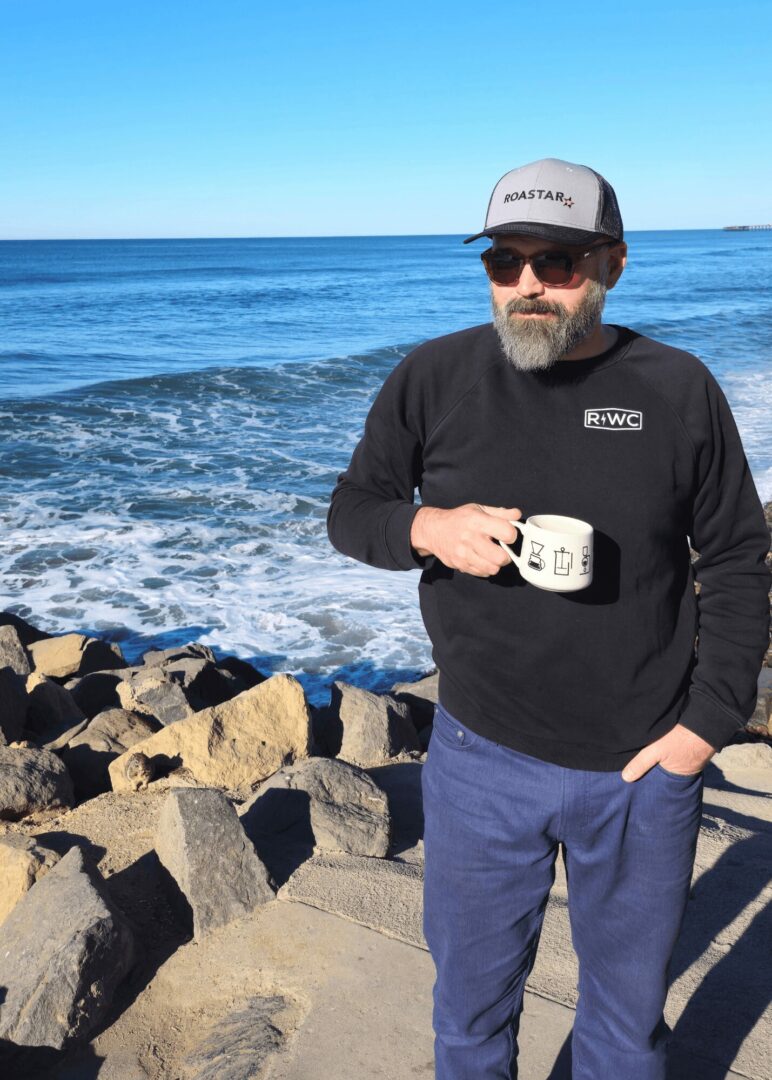
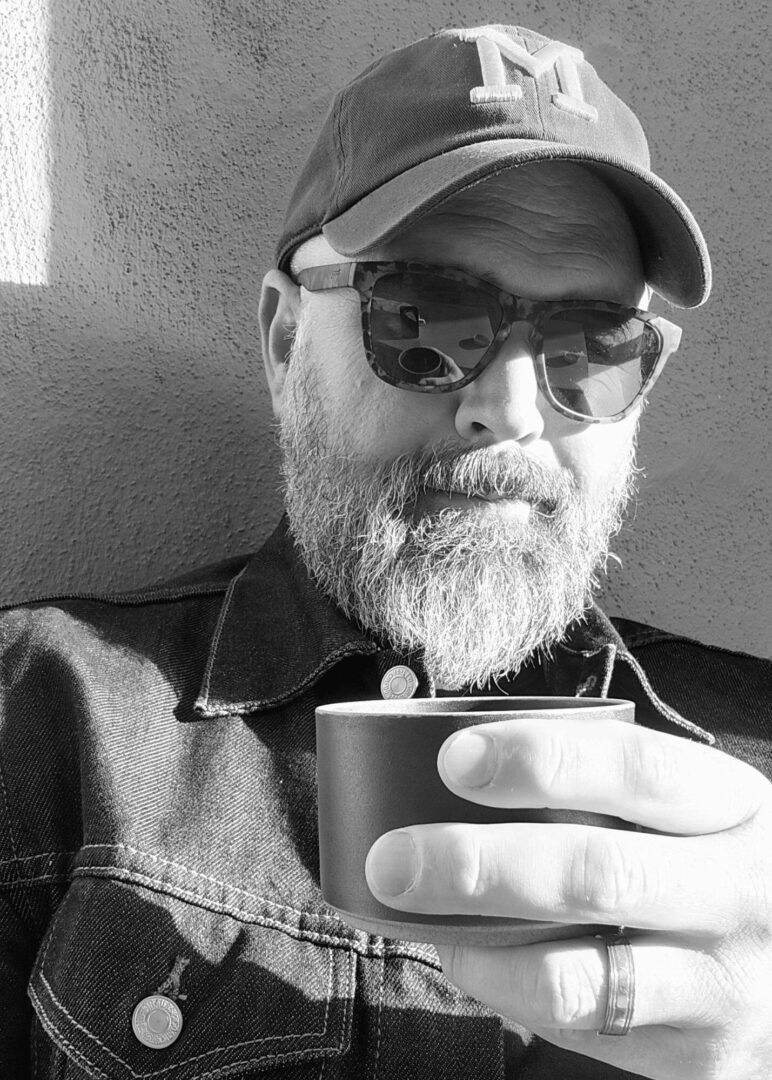
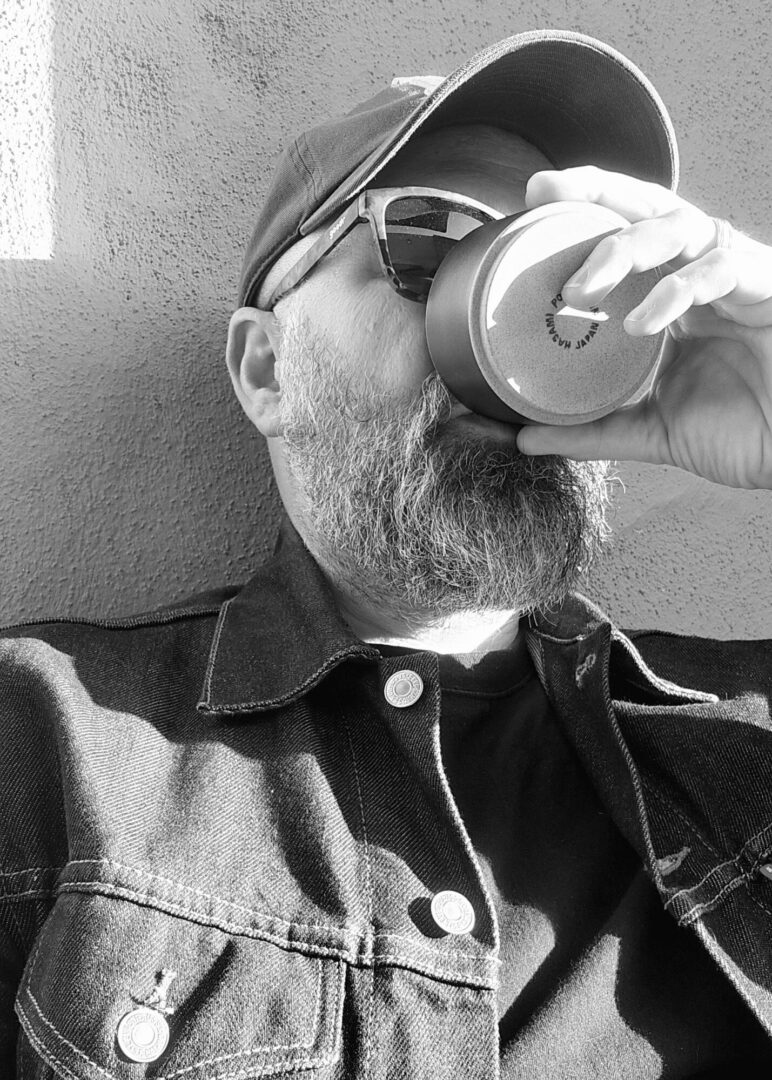
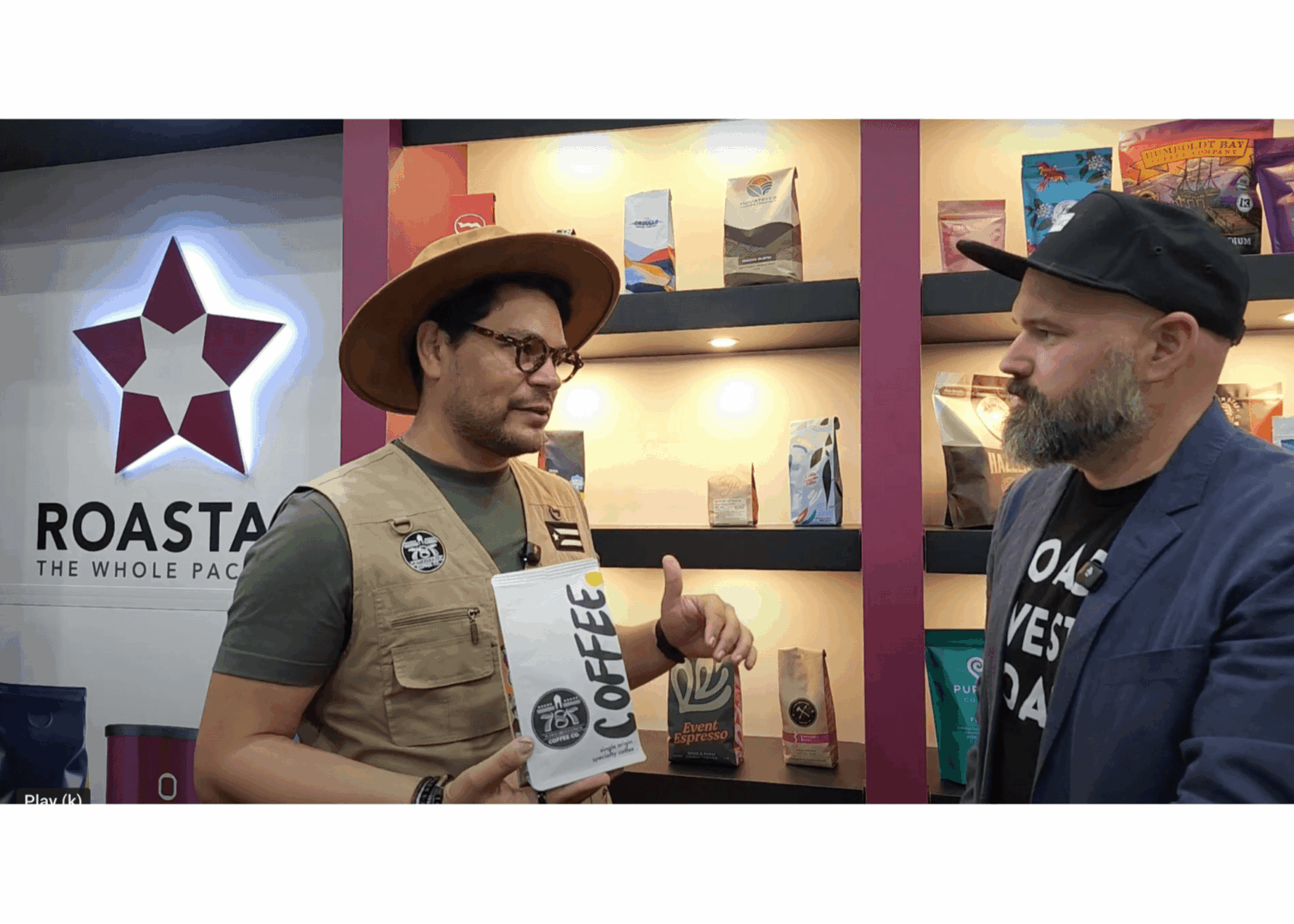
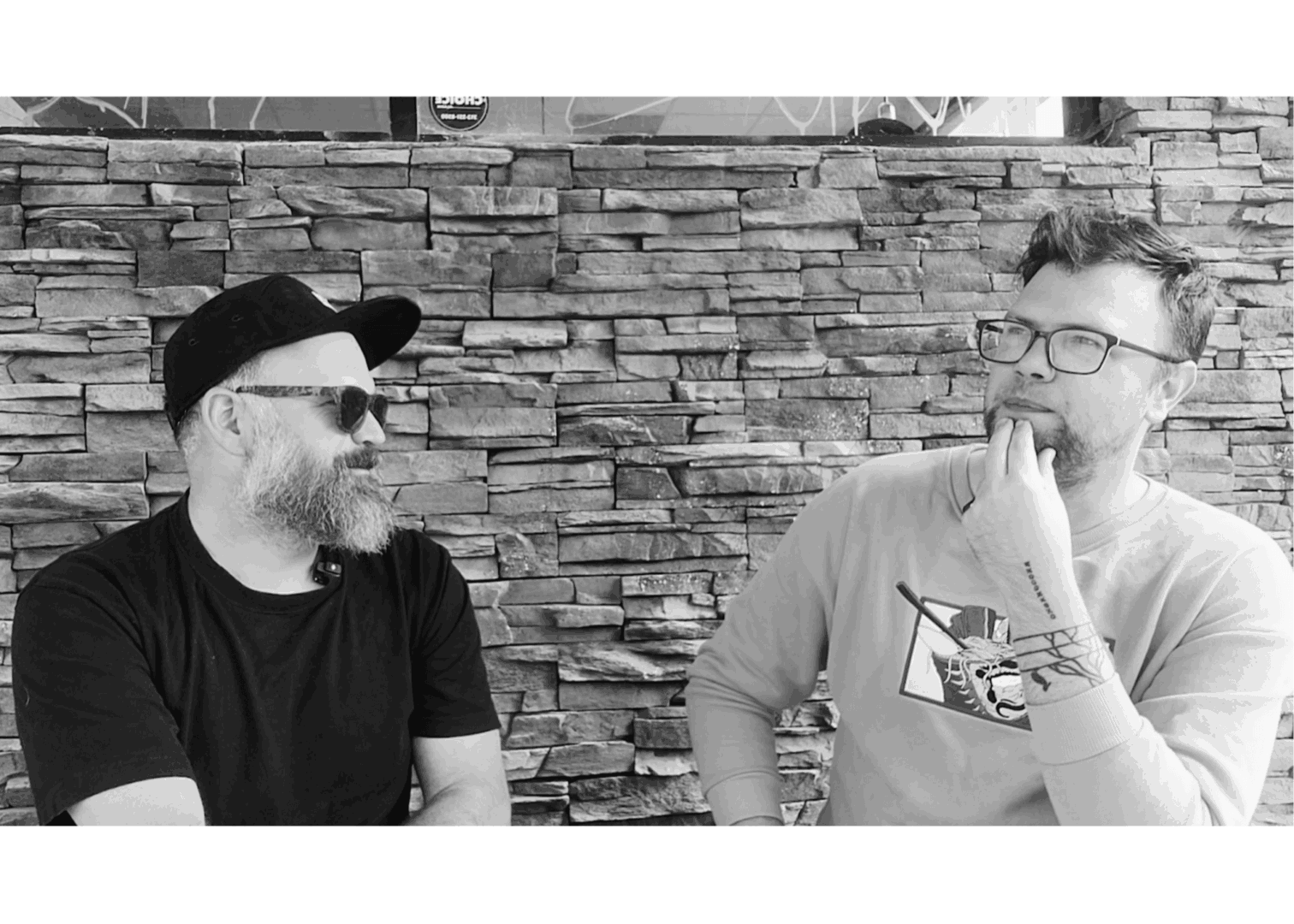
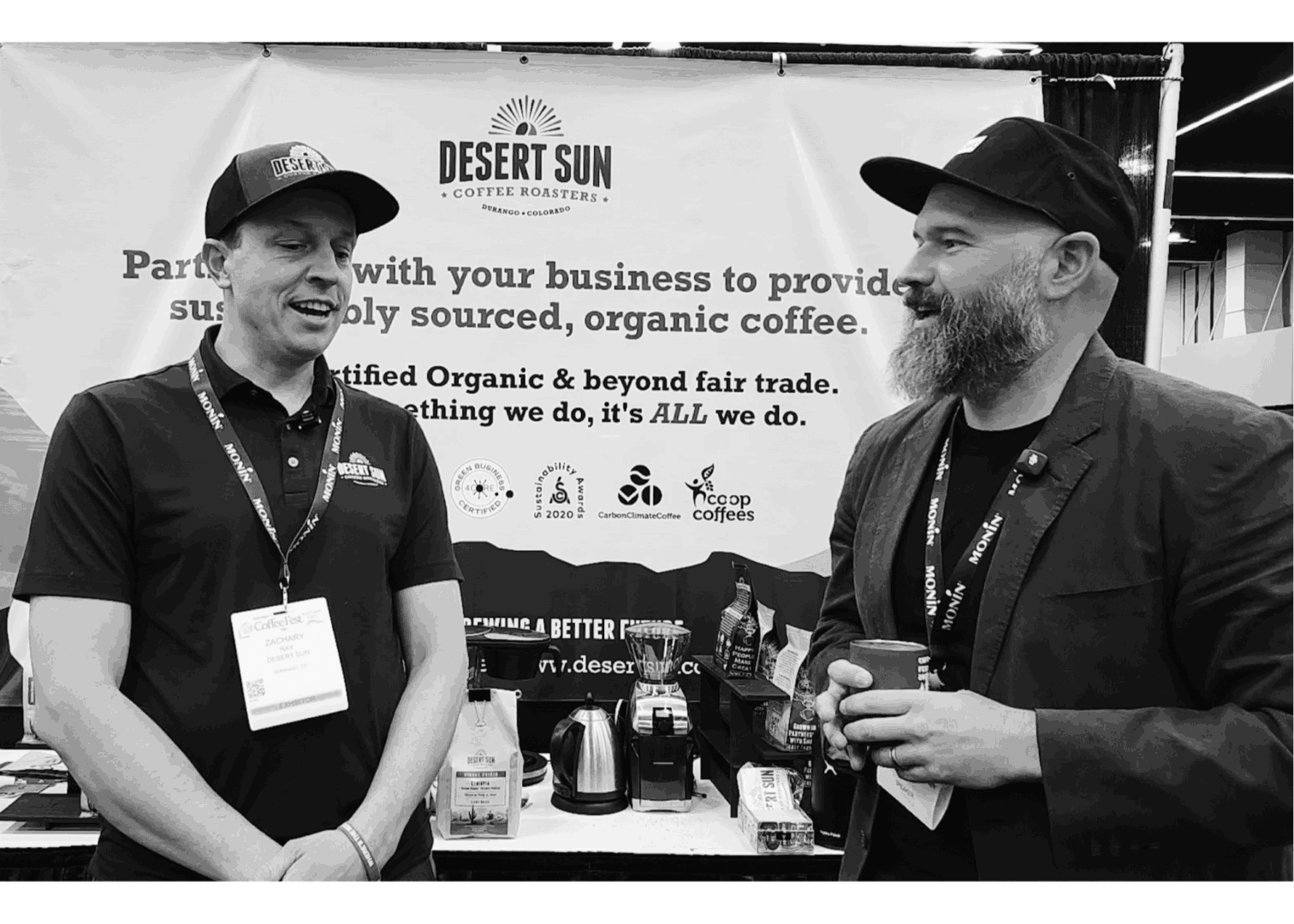
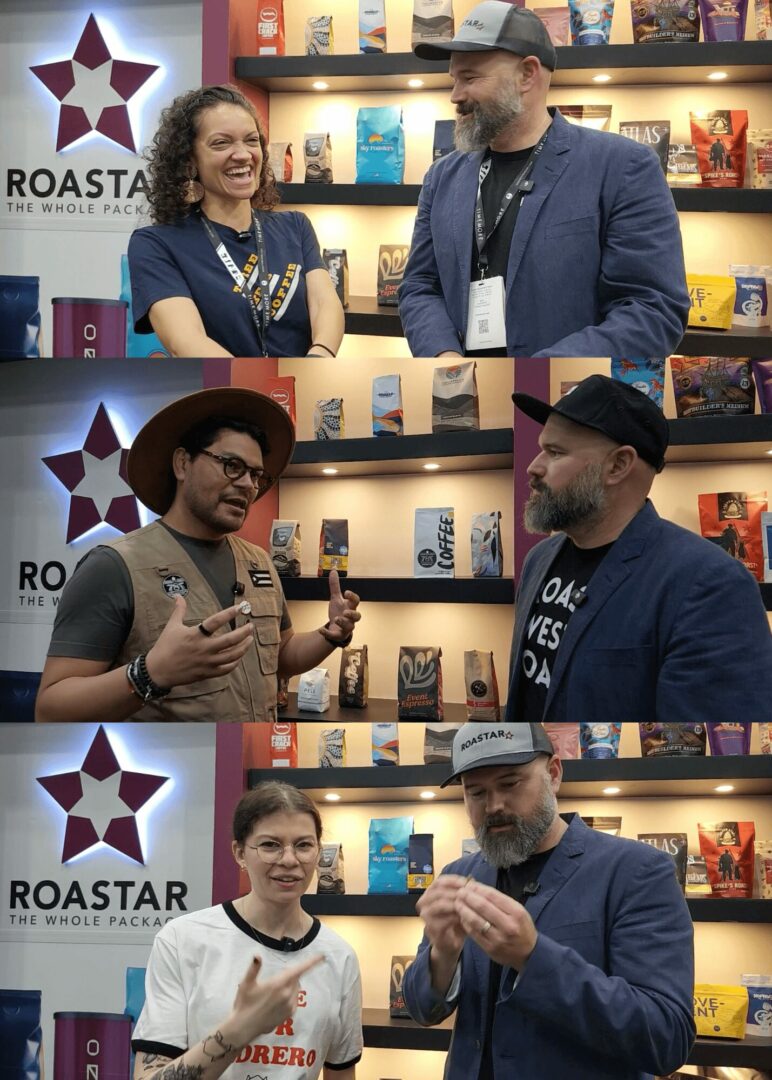
so if you or someone you know deserves recognition please let us know here.

